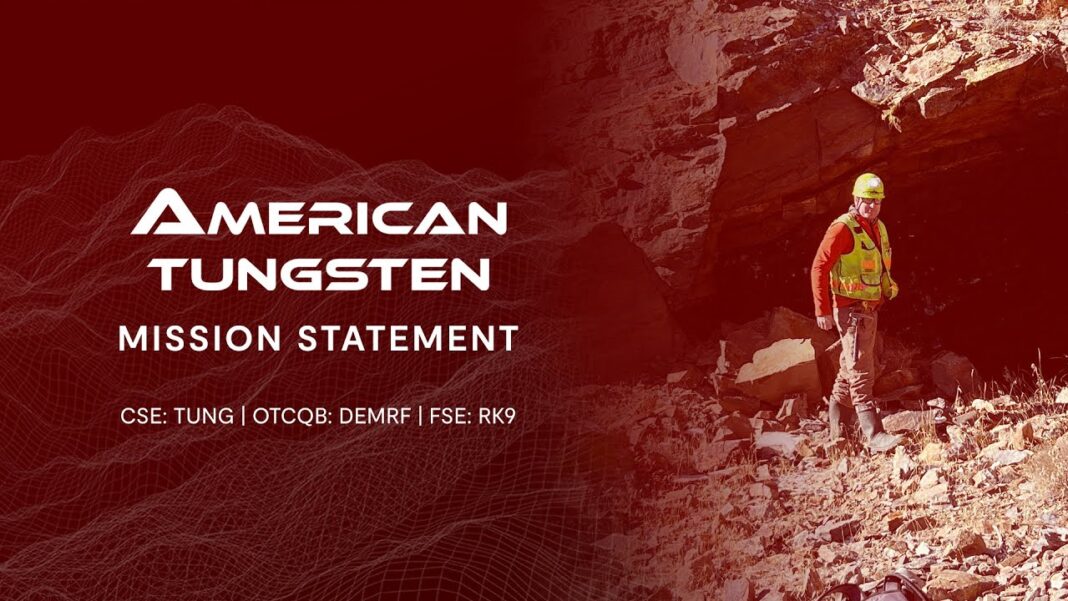Then-Gov. Roy Cooper issued an executive order shutting down bars but later allowed some bars to remain open.
The North Carolina Supreme Court ruled 5-2 in a pair of decisions that bar owners may pursue their lawsuits against the state over COVID-19-related shutdowns in 2020.
The similar rulings in the cases of Howell v. Cooper and North Carolina Bar and Tavern Association v. Stein were issued on Aug. 22.
In both cases, the state supreme court held that bar owners should be allowed to pursue their claims that the state policy ran afoul of the state-constitutional right to the “fruits of their own labor.” Both cases were sent back to lower courts for trial.
The North Carolina Supreme Court had agreed in June 2024 to consider the appeals after the Court of Appeals of North Carolina found in April that there was no evidence to support the decision of then-Gov. Roy Cooper to force some bars to shut down during the pandemic while allowing others to stay open.
In an executive order in March 2020, Cooper directed all bars in North Carolina to shut down. Two months later, he signed a new executive order that permitted bars inside restaurants to reopen but required others to remain closed.
The first executive order might have been reasonable, but the second was irrational, the Court of Appeals found.
Attorneys for the state argued the holding was wrong because Cooper’s orders forcing bars to shut down but then allowing some to stay open were lawful because they were “rationally related to a proper governmental purpose.”
In the North Carolina Supreme Court’s new ruling in Howell v. Cooper, the court majority held that those challenging the executive orders had sufficient evidence “to support the alleged violations of their rights to earn a living.”
The court also rejected the state’s claim that the lawsuit was barred by sovereign immunity.
Sovereign immunity is a legal doctrine that prevents governments from being sued unless they consent to being sued. The sovereign immunity of U.S. states is enshrined in the 11th Amendment to the U.S. Constitution.
The court majority said that although the pandemic era “was a chaotic period of time,” the governor “was not the only person facing uncertainty.”







